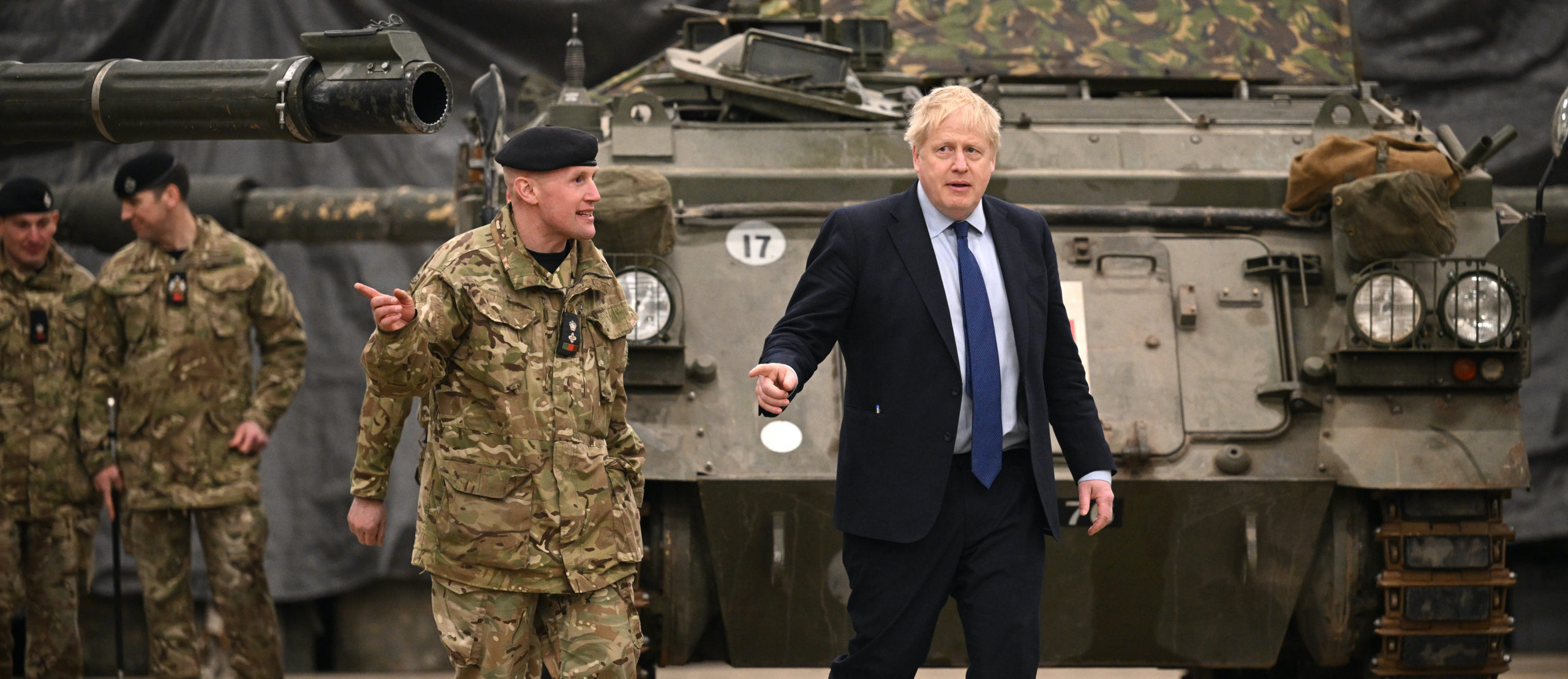It’s always handy when global developments happen to vindicate the exact policy you were embarking upon before they occurred. But such claimed connections are seldom true.
The war in Ukraine has upended strategic thinking in Europe. Countries such as Germany are planning to ramp up defence spending and are reconsidering policies, such as shuttering nuclear power stations, which would have left them even more dependent on Russia.
Unfortunately, these shockwaves seem to have petered out somewhere over the English Channel. Instead of reconsidering the UK’s military posture, the Government is instead trying to insist that the situation in Ukraine vindicates its latest round of planned defence cuts.
Speaking in Parliament this week, James Heappey, the Armed Forces Minister, argued:
Although we should be very careful about drawing firm conclusions from the footage coming out of Ukraine, the state of the information war being what it is, it does seem to be the case that the Ukrainians are making good use of small, well-equipped infantry units.
But Heappey’s position is, on a broader level, nonsensical. The key to success has not just been possessing such formations, but having enough of those formations. According to the Institute for Strategic Studies, Kyiv has over 125,000 ground troops. For comparison, the current Integrated Review plans to slash the strength of the British Army’s infantry section to 19,400 soldiers, backed by inadequate armour.
It might be the case that, soldier for soldier, such a force could handily outfight the Russians. That no longer seems as high a bar as it did a couple of months ago. But it could not fight them in several places at once. The logic of such small numbers is the expectation that British forces will operate largely as auxiliaries for an allied — which means American — war effort.
This attitude reflects another long-running vice in British defence thinking. Heappey says that:
Time and again, the UK has insisted on top-of-the-range kit (of the sort the Americans get), but without the budget to sustain numbers. That means every new generation of ships et al is smaller than the last one. Each ship can indeed do a lot more than its predecessors, but the overall fleet can be in fewer places at once.
Heappey’s thinking suggests the same logic afflicts the Army. Ministers should stop pretending that a defence approach focused on getting costs down is going to deliver a stronger and more effective Armed Forces.











Join the discussion
Join like minded readers that support our journalism by becoming a paid subscriber
To join the discussion in the comments, become a paid subscriber.
Join like minded readers that support our journalism, read unlimited articles and enjoy other subscriber-only benefits.
Subscribe